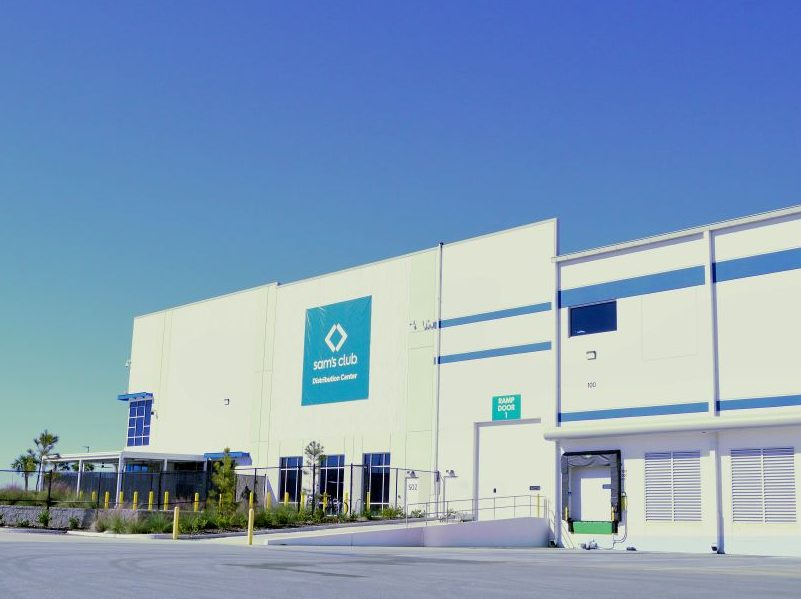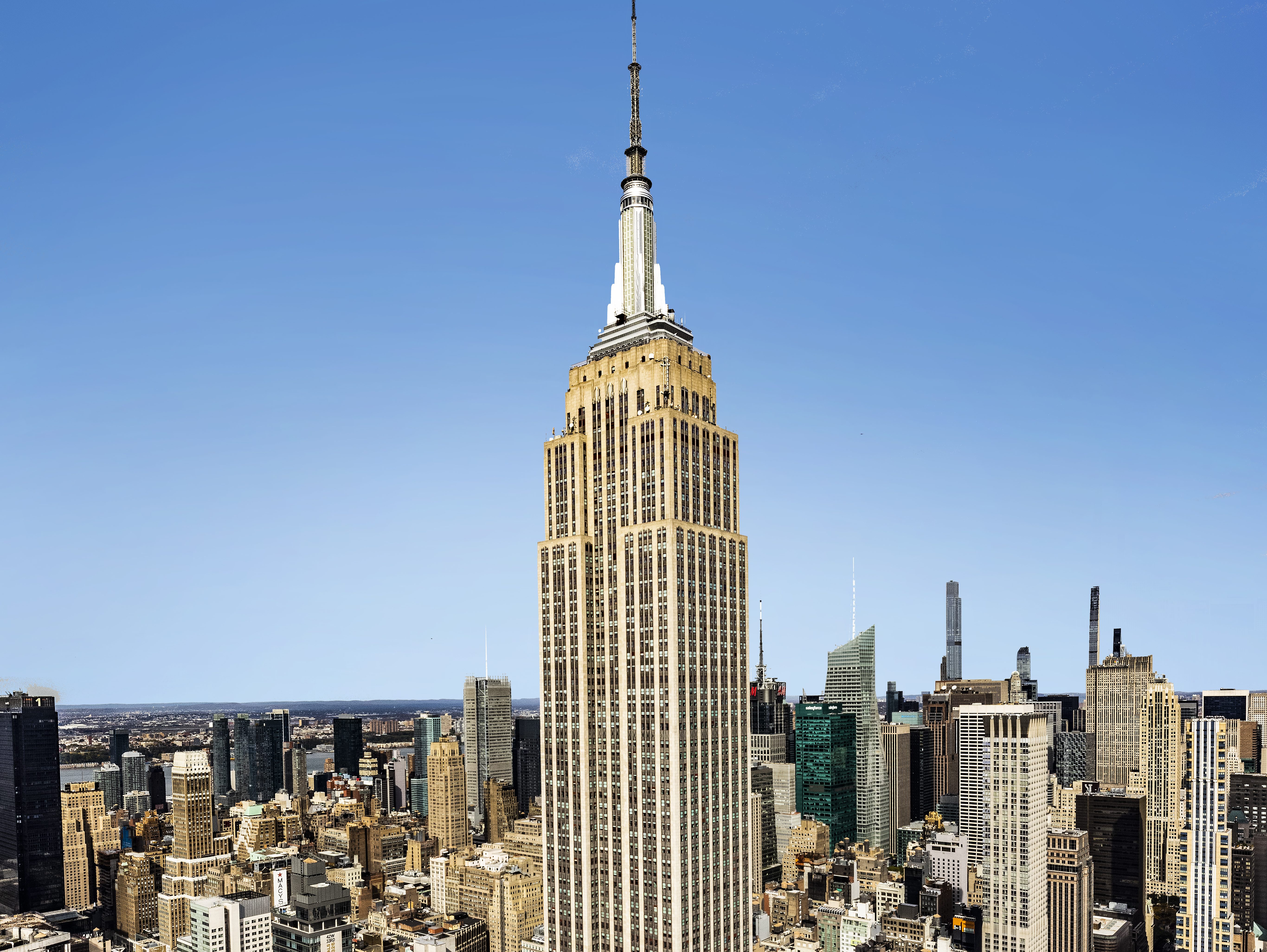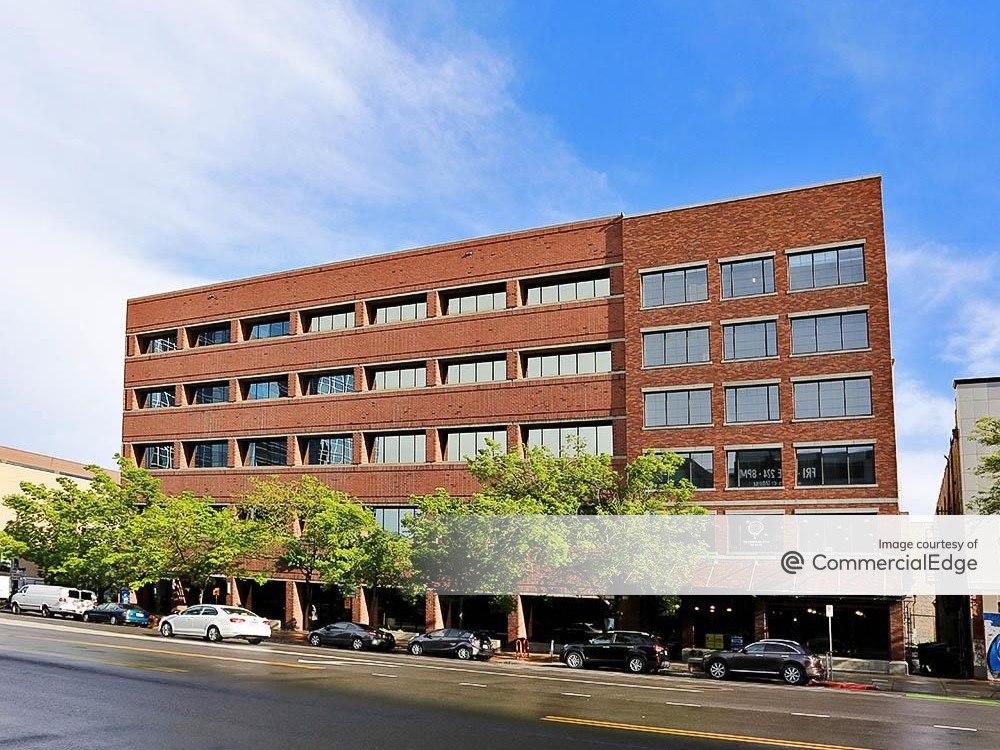Ranking the World’s Top Tech Cities
A surge in coworking costs combined with significant strategic decisions made by big players last year contributed to surprising results in a new study from Savills.
 Just months after two tech giants—Amazon and Google—announced new campuses in New York City, it has been named the world’s premier tech city in this year’s Savills Tech Cities ranking. New York beat out San Francisco, which dropped to second dragged down by having the world’s highest coworking costs. London, Amsterdam and Boston round out the global top five.
Just months after two tech giants—Amazon and Google—announced new campuses in New York City, it has been named the world’s premier tech city in this year’s Savills Tech Cities ranking. New York beat out San Francisco, which dropped to second dragged down by having the world’s highest coworking costs. London, Amsterdam and Boston round out the global top five.
“Savills 30 Tech Cities are among the fastest growing in the world: measured by metro area, together they’re forecast to add another 18 million inhabitants in the next decade,” Nicky Wightman, director of global occupier trends at Savills, said in a prepared statement.
The Savills study found New York provided the business environment, talent pool, lifestyle and transport links to make it the foremost center for tech in the world. The report also noted New York City’s position as a global center of commerce and the major tech arrivals expected this year, particularly Amazon, as other factors for ranking it first. After much fanfare and a long search for a $5 billion second headquarters, the Seattle-based e-commerce giant announced in November that it was creating two HQ2s, one in Long Island City in the New York City borough of Queens, and a second in Crystal City in Northern Virginia. The two regions will get at least 25,000 jobs each, starting this year. While announcing the selection, Jeff Bezos, founder & CEO of Amazon, said the New York City location would help the company attract world-class talent.
One month after the Amazon announcement, Google said it was further expanding its New York City presence by creating a $1 billion, 1.7 million-square-foot campus on Manhattan’s West Side.
In its third iteration of the Tech Cities study—reports were also issued in 2015 and 2017, the international real estate advisor looked at 100 individual metrics, ranging from the number of days needed to start a business to the cost of a flat white coffee. The report grouped them into six categories, business environment, tech environment, city buzz & wellness, talent pool, real estate costs and mobility.
Real estate factors
Savills stated real estate costs were given the lowest weighting in the index, because of factors such as talent and the business environment matter more to the tech sector. But it also notes that property does play a role and the cost and availability of suitable office space can make a difference in a tech firm’s ability to grow. High residential costs can also keep young talent away. San Francisco was found to have the residential rents that have grown faster than capital values in the last decade and was the highest of the Tech Cities at an average of $720 per week. New York came in at $520 per week but the report notes renters can find more affordable, commutable residences in the outer boroughs.
Coworking costs, which bumped San Francisco from first to second place in the 2019 report, are highest there because of an acute supply and demand imbalance. “The expansion of coworking has gone hand in hand with the growth of the global tech center,” the report stated. “Coworking providers accounted for 13 percent and 13.5 percent of office market take-up in London and Dublin respectively in the first nine months of 2018. The sector is rising fast globally, but there is room for growth. Even in U.S. markets, such as Manhattan, total coworking space is estimated at just 2 percent of office stock.”
In other findings, London placed third globally due to its strong performance in “mobility” and “buzz,” and remaining the top tech hub in Europe with three times more venture capital (VC) investment than Paris. The report also notes China made its mark with three six cities on the list. It states Beijing received $34 billion of VC investments per years in the last three years – higher than New York or San Francisco.
Mobility factors
“While it’s interesting to see New York take the top spot this year, edging out San Francisco which is suffering from higher coworking costs, one of the most interesting trends we’ve noted in the last two years is the rise of China’s Tech Cities,” Paul Tostevin, associate director in Savills World Research tem and lead research on the study, said in a prepared statement. “While largely mid-table overall, these cities now account for more VC investment than their U.S. counterparts: the U.S.-city share of the VC investment into our 30 Tech Cities has dropped from a 40 percent share to 28 percent, while Chinese cities have seen their share rise from 11 percent to 36 percent over the same period.”
For the first time, Savills measured mobility as part of the Tech Cities rankings and considered three elements in its assessments—ability, density and investment in shared mobility services, as well as sale and level of innovation in metro systems and quality of urban infrastructure.
“While London is the best mobility all-rounder, it’s lower than it should be on shared methods of transport, and could take lessons on how to do this better from the Asian cities. Vice versa, Asian and U.S. tech cities can learn a lesson from London and other European tech hubs on how to improve the quality of urban infrastructure and making their transport networks more sustainable,” Wightman said.







You must be logged in to post a comment.